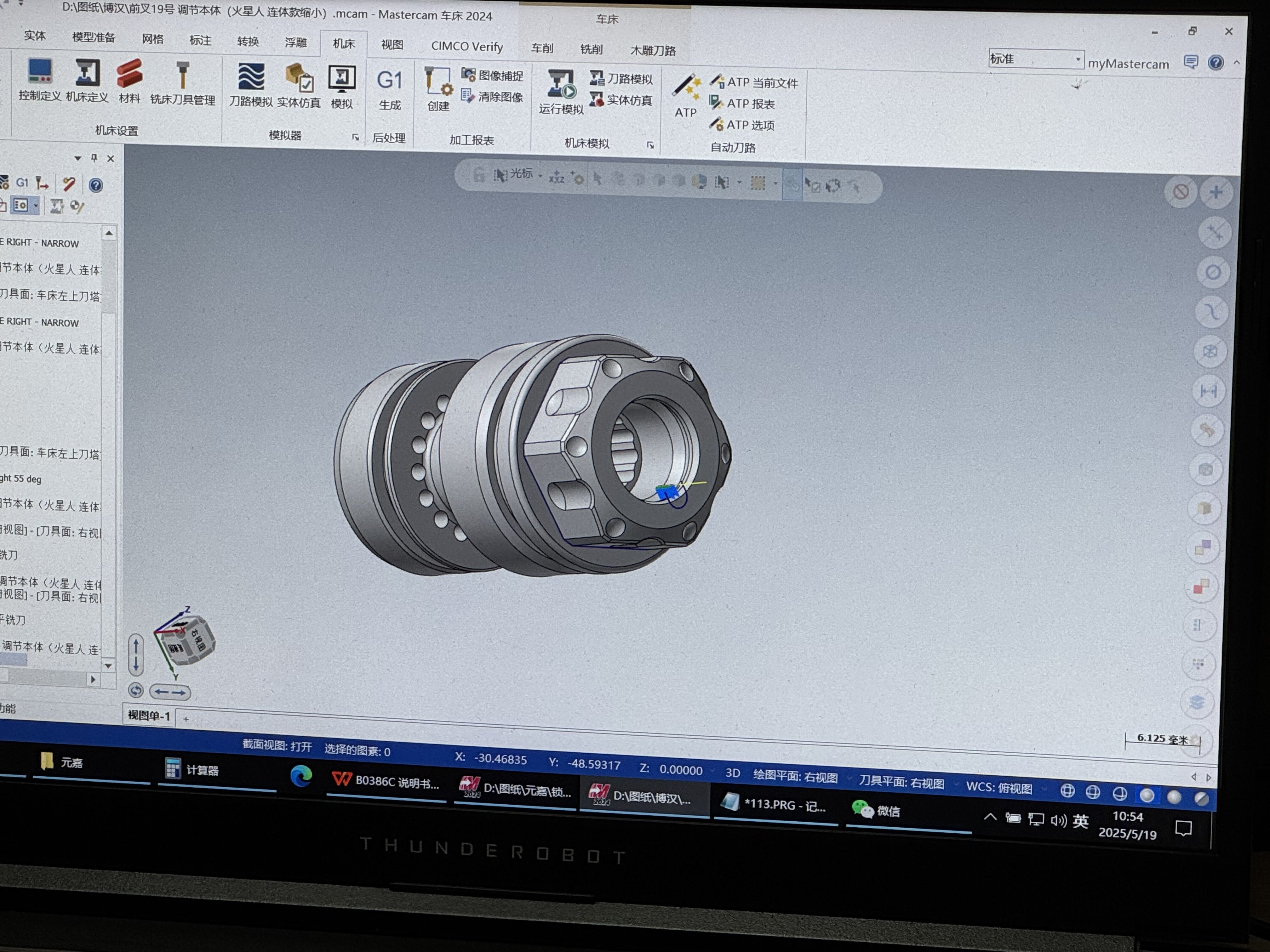Η CNC μηχανοποίηση για κάθενα είναι ένα βασικό στοιχείο της ακριβού παραγωγής, περιλαμβάνοντας τη χρήση μηχανών υπολογιστικής αριθμητικής ελέγχου (CNC) για να μορφοποιήσει διάφορα κάθενα σε συστατικά υψηλής ακρίβειας. Τα κάθενα που μηχανοποιούνται συνηθισμένα περιλαμβάνουν το άλουμινο, το χάλυβα, το ανθιστάμενο χάλυβα, το τιτάνιο, το κάδμιο και το χαλκό, κάθε ένα με ειδικές ιδιότητες που απαιτούν συγκεκριμένες στρατηγικές μηχανοποίησης. Η CNC μολύβισμα και η περιστροφή είναι οι κύριες διεργασίες για τη μηχανοποίηση κάθενα, με το μολύβισμα να χρησιμοποιείται για πολύπλοκες μορφές, ορυκτές και τρύπες, και την περιστροφή για κυλινδρικά συστατικά όπως άξονες και δίσκοι. Για παράδειγμα, ένα CNC μολύβισμα μπορεί να μηχανοποιήσει ένα ιατρικό όργανο από ανθιστάμενο χάλυβα με λεπτομέρειες μεγάλης πολυπλοκότητας, ενώ ένα CNC φρεάτιο μπορεί να περιστρέψει έναν άξονα κινητήρα από άλουμινο με αυστηρές υποχρεώσεις. Η μηχανοποίηση κάθενα περιλαμβάνει σκέψεις όπως το υλικό κοπτικού εργαλείου (π.χ., καρβάινιο, HSS), τους παράμετρους κοπής (ταχύτητα, τροφή, βάθος) και την εφαρμογή ψύξιμου για να διαχειριστεί τη θερμότητα και την έξοδο του εργαλείου. Τα σκληροποιημένα κάθενα μπορεί να απαιτήσουν ειδικές τεχνικές όπως το σκληρό μολύβισμα ή το μολύβισμα για να επιτευχθεί η επιθυμητή ακρίβεια. Οι επιφανειακές ολοκληρώσεις για τα κομμάτια κάθενα μπορούν να περιλαμβάνουν από το ηλιθιούπιο έως το εικονικό, επιτυγχάνονται μέσω διεργασιών όπως το λείωση, το μολύβισμα ή το χρωματισμό. Η CNC μηχανοποίηση για κάθενα είναι απαραίτητη σε όλους τους τομείς, από την αεροναυπηγική και την αυτοκινητοβιομηχανία μέχρι την ιατρική και την ηλεκτρονική, παρέχοντας την ακρίβεια και την αξιοπιστία που απαιτούνται για κρίσιμα κομμάτια κάθενα.


Δικαιώματα πνευματικής ιδιοκτησίας © 2025 από Xiamen Shengheng Industry And Trade Co., Ltd. - Πολιτική Απορρήτου